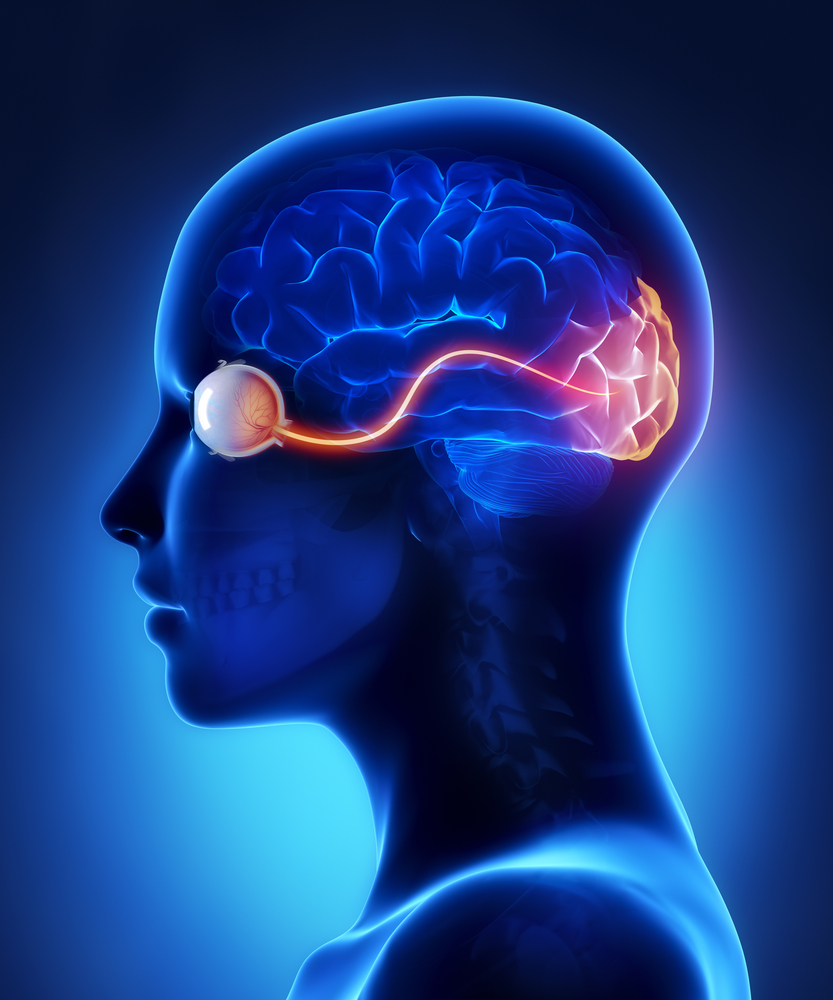Epilepsy Drug May Treat Eye Complications in Patients With MS
Written by |

A new study to be presented during the American Academy of Neurology’s 67th Annual Meeting, April 24, in Washington, DC, explores the use of phenytoin, a drug commonly used to treat epilepsy, as a novel treatment for acute optic neuritis, a severe eye complication of multiple sclerosis (MS) that affects approximately half of patients. A team of researchers from the National Hospital for Neurology and Neurosurgery in London, England led by Dr. Raj Kapoor treated MS patients suffering from acute optic neuritis with phenytoin and observed the effect it had on treating the complication.
MS is a disease characterized by the destruction of insulating covers on nerve cells by the immune system. One of its complications is acute optic neuritis, in which the nerve carrying vision from the eye to the brain (optic nerve) becomes inflamed, causing sudden total or partial loss of vision, blurred or foggy vision and pain. Although the vast majority of patients recover eyesight in 2 to 3 months, each attack causes some degree of long term damage to the optic nerve and the eye, and also dramatically impacts quality of life.
In the study entitled “Phenytoin is Neuroprotective in Acute Optic Neuritis: Results of Phase 2 Randomized Controlled Trial,“ researchers randomly treated half of the 86 MS patients with acute optic neuritis included in the clinical study with phenytoin for three months. After the treatment protocol, they analyzed the thickness of the retina (retinal nerve fiber layer) and volume of the macula — light sensitive layers at the back of the eye that produce the viewed image — using an advanced high resolution imaging modality (optical coherence tomography). They also looked at visual sharpness and color perception. The results demonstrated that, compared to placebo (no treatment), retina thickness was 30% higher in the group who took phenytoin and the volume of the macula, the most light-sensitive and high acuity part of the eye, was 34% higher. As expected after one attack, clinical visual acuity was similar between the groups.
Visual perception is one of the most important of the five traditional senses, and is crucial for most activities in normal daily life. If the efficacy observed in this study is confirmed in larger clinical studies, a new therapeutic approach can be included in the treatment of this very common MS complication that could have a major positive impact on the patient population.
[adrotate group=”4″]


